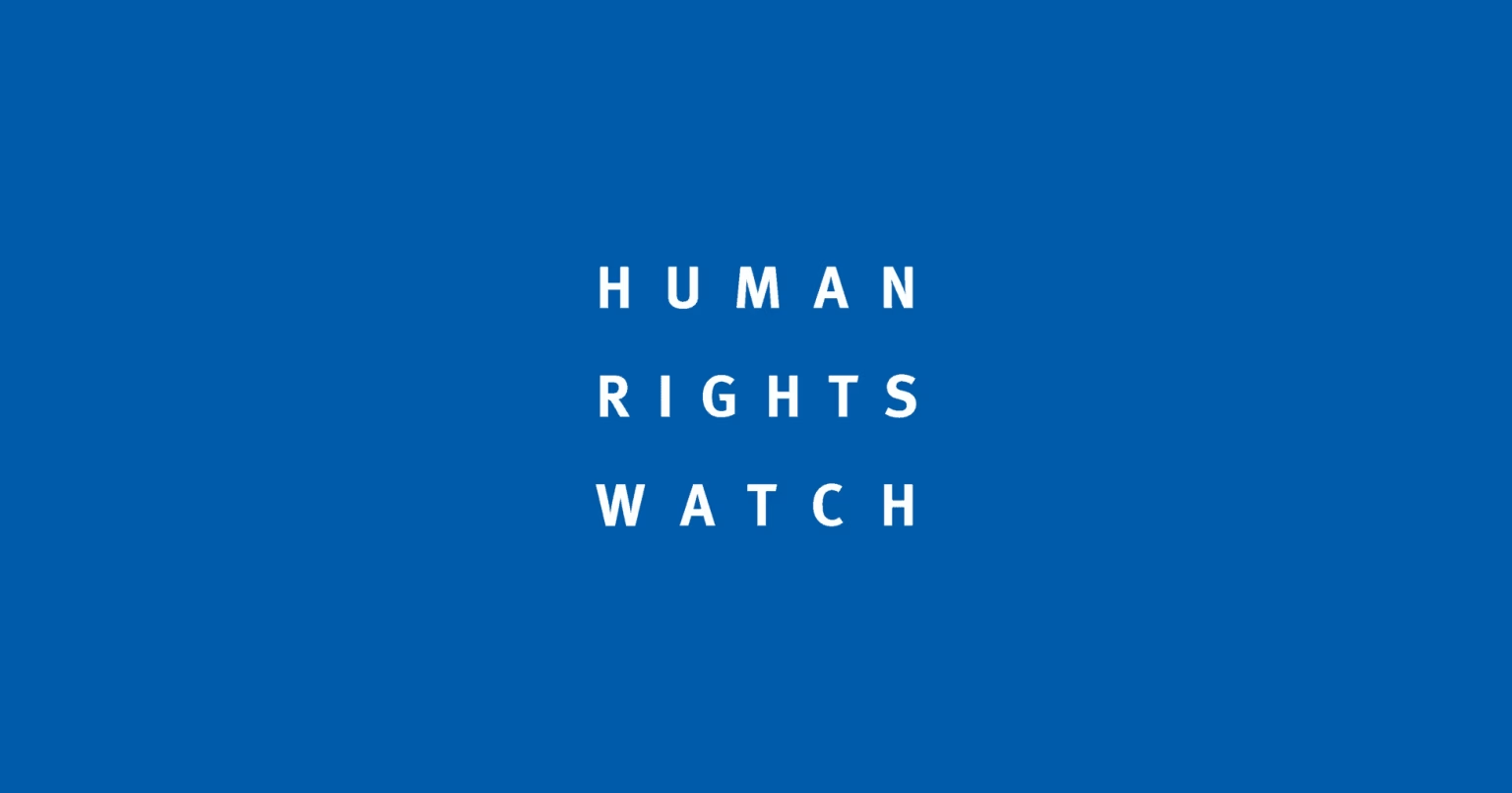Human Rights Watch (HRW) has criticised Indian authorities for expelling “scores of Rohingya refugees” to Bangladesh and Myanmar since May 2025, while arbitrarily detaining hundreds more and subjecting some to mistreatment.
The rights group said in a statement on Thursday that states governed by the Hindu nationalist Bharatiya Janata Party (BJP) launched a campaign to expel Rohingya and Bengali-speaking Muslims, labelling them as “illegal immigrants.”
At least 192 Rohingya refugees were sent to Bangladesh despite holding United Nations refugee agency (UNHCR) registration, while 40 others were allegedly forced to swim ashore in Myanmar after being put on a naval vessel near the country’s coast. Dozens more reportedly fled to Bangladesh to avoid detention.
Elaine Pearson, Asia director at HRW, said the Indian government’s expulsion of Rohingya refugees showed an utter disregard for human life and international law. The actions reflected the ruling BJP’s policy to demonize Muslims as ‘illegal’ migrants”, she added.
HRW said it interviewed nine Rohingya men and women in Bangladesh’s Cox’s Bazar refugee camps who had recently fled India.
Six of them said they had been expelled in May, reporting assaults, seizure of money, mobile phones, and UNHCR registration cards. The other three fled India, from Jammu and Kashmir, Andhra Pradesh, and Delhi, fearing detention after police threats.
India is home to an estimated 40,000 Rohingya, at least 20,000 of whom are registered with the UN refugee agency. Although India is not a signatory to the 1951 UN Refugee Convention or its 1967 Protocol, it is bound by the principle of nonrefoulement under international law, which prohibits returning people to countries where their lives or freedoms could be threatened.
HRW cited individual cases of violence and forced expulsion. A 37-year-old woman told the rights group that officials in Assam forced her family into Bangladesh at gunpoint on 6 May, slapping her husband and threatening to kill them if they resisted.
On the same day, 40 Rohingya refugees, including 13 women, were allegedly detained in Delhi under the pretext of data collection. They were flown to the Andaman and Nicobar Islands and placed on an Indian naval vessel, where they claimed they were beaten and interrogated. One Rohingya Christian refugee told HRW that near Myanmar’s coast, authorities gave them life jackets and forced them into the sea. They reportedly swam ashore in Launglon township, Tanintharyi Region.
The UN special rapporteur on Myanmar Tom Andrews said the incident reflected “blatant disregard for the lives and safety of those who require international protection.”
HRW also reported cases of police abuse during deportations to Bangladesh. One Rohingya man said police beat him, his wife, and his children, seized their money and belongings, and forced them across the border while compelling them to falsely identify themselves as Bangladeshi.
The rights group noted that Rohingya refugees previously had access to education and livelihoods in India, but this changed in 2017 when the BJP issued directives to deport illegal foreign nationals, including Rohingya.
The expulsions have increased fear among Rohingya remaining in India. HRW said authorities vandalised shelters and arrested refugees arbitrarily, accusing them of being “Bengalis,” ignoring UNHCR registration and nationality documents.
India’s Supreme Court is scheduled to hear arguments on 23 September to determine whether Rohingya in India should be recognised as refugees or treated as illegal entrants. In May, the court refused to halt the deportations and dismissed allegations of refugees being abandoned at sea, calling them a “beautifully crafted story.”
Pearson urged that the Indian government should immediately end intimidation, arbitrary detention, and unlawful expulsions of all Rohingya refugees, investigate allegations of ill-treatment, and work with the UNHCR to protect their rights.
BBC reporting contributed to this story, documenting the forced expulsion of 40 Rohingya from Delhi to Myanmar in May.


